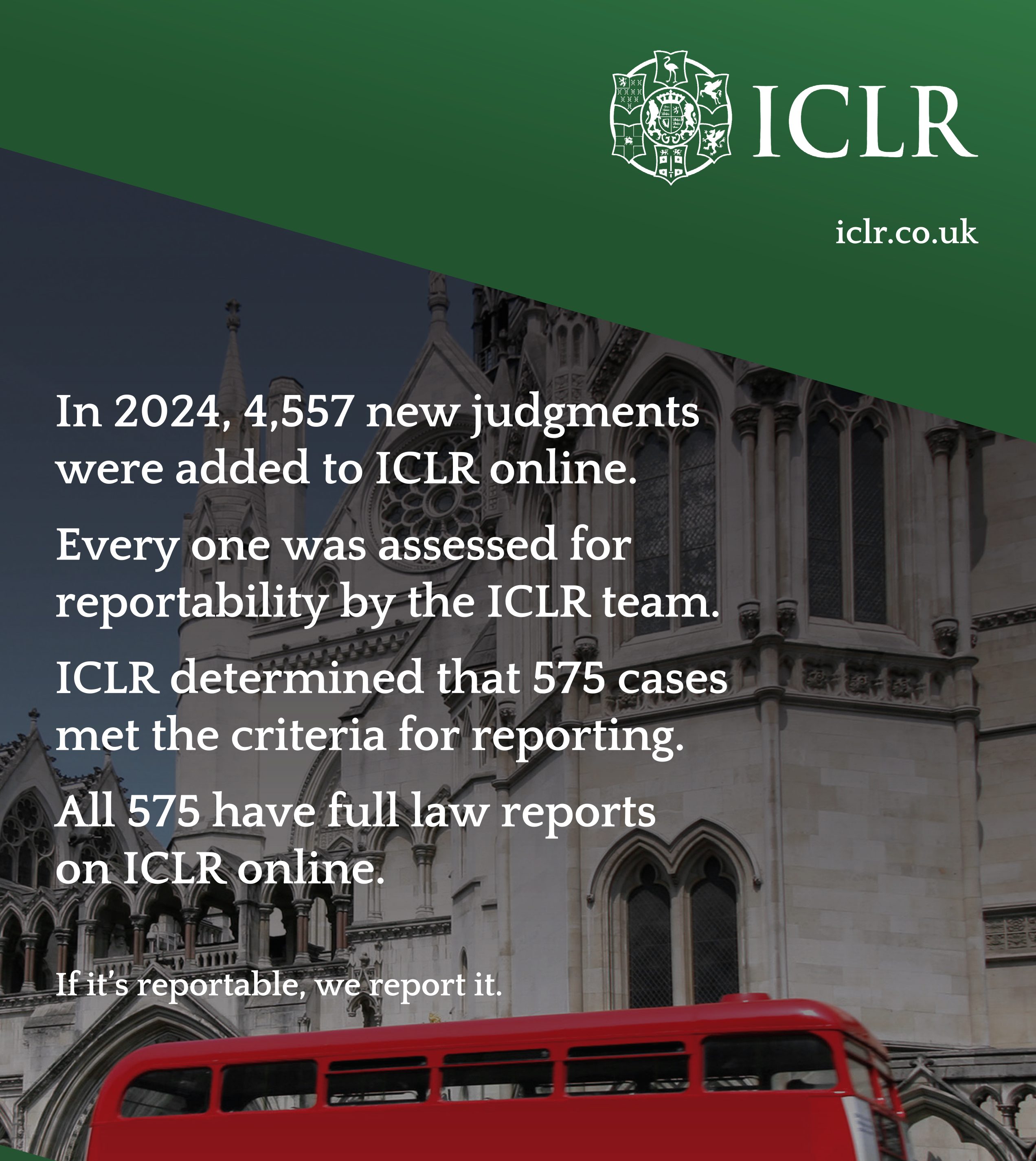
ICLR
If it's reportable, we report it.

I was lucky enough to spend six weeks at Stout Street Chambers in Wellington, New Zealand. Stout Street barristers practise across public and commercial law.
In my first week, I was struck by the differences between practising at the Bar of England and Wales versus practice in New Zealand. For instance:
In my second and third weeks as a Pegasus Scholar in New Zealand, I attended a Court of Appeal hearing concerning the mandatory wearing of face masks from 2021 on public transport, essential retail businesses, certain public facilities and, later, only in certain health service premises. The main challenge was on the basis of a mistake of fact (ie did the Minister make the Orders on the mistaken basis that face masks are effective at stopping the spread of COVID-19?), which principle comes from an English and Welsh Court of Appeal case E v SSHD [2004] 2 WLR 1351. It was encouraging to see all (even more junior) members of the legal teams provide submissions to the Court.
I also observed High Court civil advocacy dispassionately, and noted some phrases I would like to steal for my own practice:
I enjoyed reading New Zealand’s excellent advocacy books, one edited by the former Chief Justice of New Zealand, Sir Thomas Eichelbaum. The chapter on cross-examination was particularly good.

ICLR
If it's reportable, we report it.
Trusted law reporting since 1865
I was further encouraged by brilliant lawyers to read more legal theory: Sian Elias, Cardozo, Bingham, Brandeis, Holmes, Winkelmann, Glazebrook. That way, it is possible to better understand what the common law is doing and how.
I then enjoyed reading my colleague Monique van Alphen Fyfe’s brilliant 2013 article on challenges facing women in law, which highlighted (pithily) how 60 per cent of graduating law students in New Zealand were women, but only 27.7 per cent of judges and 19 per cent of partners in law firms were women. She called the movement toward equality at senior levels in law “abnormally slow” and proposed mechanisms for change.
I also enjoyed working on equitable estoppel (purportedly a unified estoppel in New Zealand), tort law in Samoa, investigations and fast-track planning procedures under COVID-19-era legislation.
In my last couple of weeks as a Pegasus Scholar in New Zealand, I learned about NZ’s climate change litigation (and their interesting and novel approaches to it). My key takeaways were:
Overall, I had a fantastic time learning about legal life in New Zealand. I gained important insights into novel legal strategies on topics such as climate change litigation, and I improved my advocacy skills by observing some powerful advocates in the High Court and appellate courts. I also made fantastic friends and am glad we are staying in touch via lunches in Lincoln’s Inn in London when my colleagues visit this way.
Anna Dannreuther
Old Square
